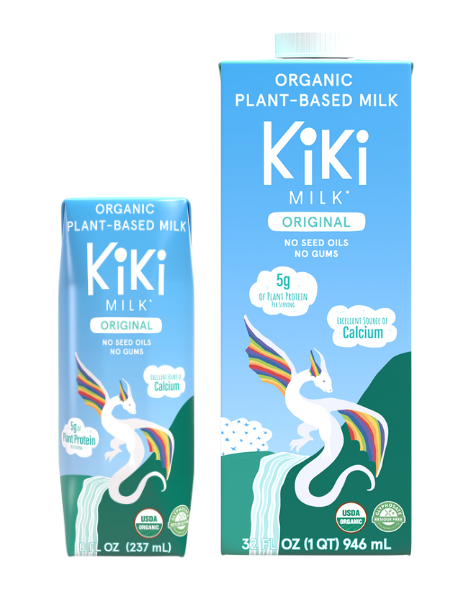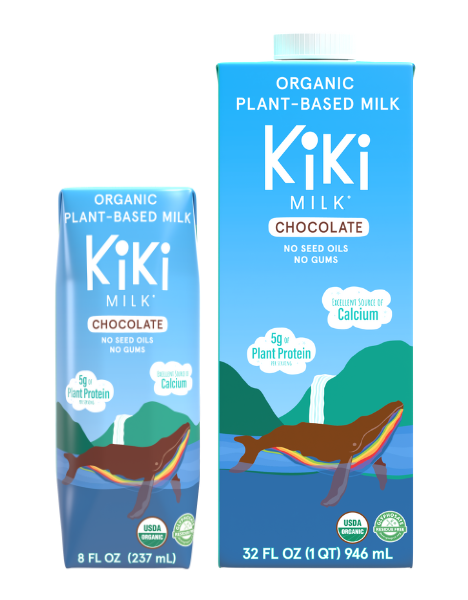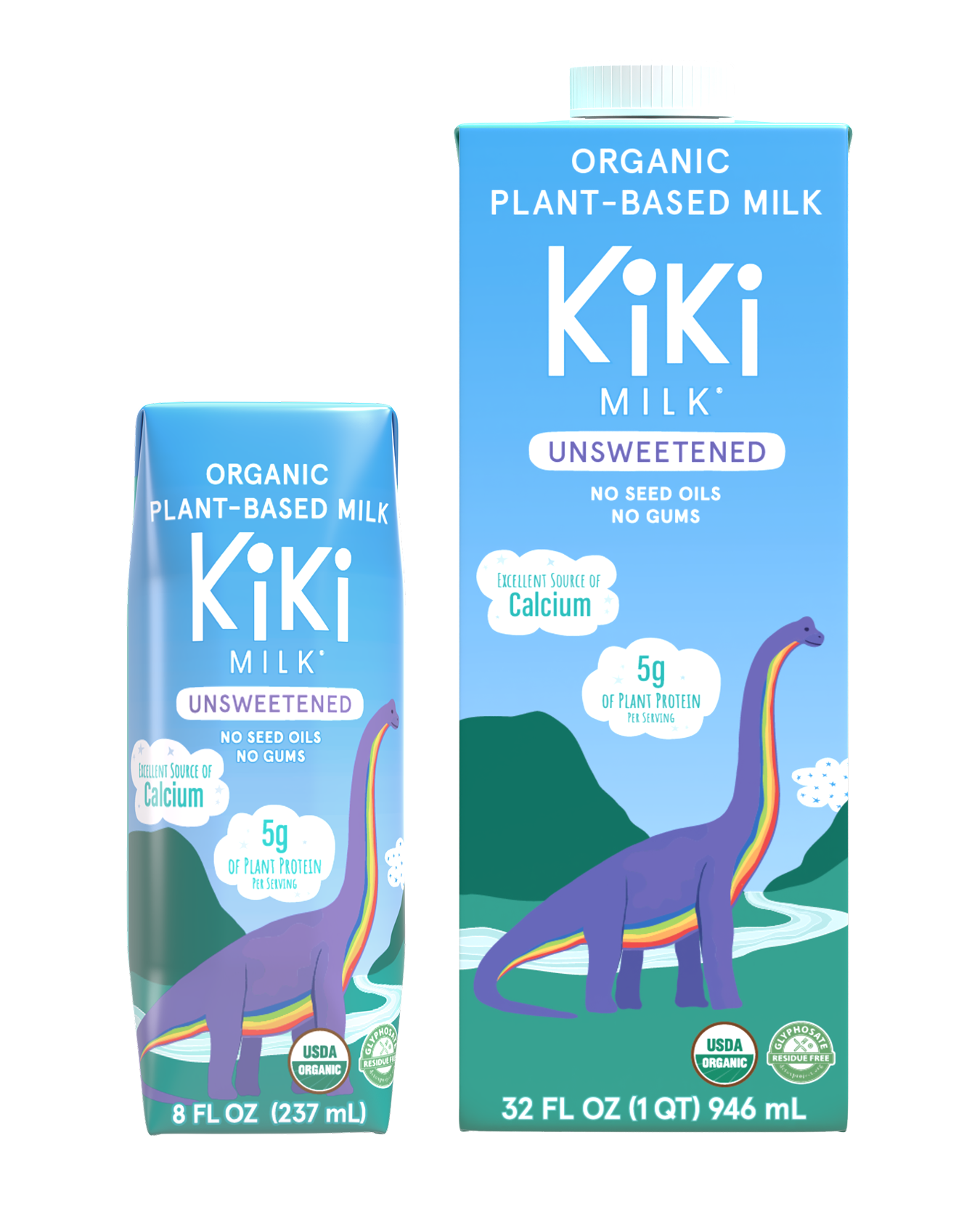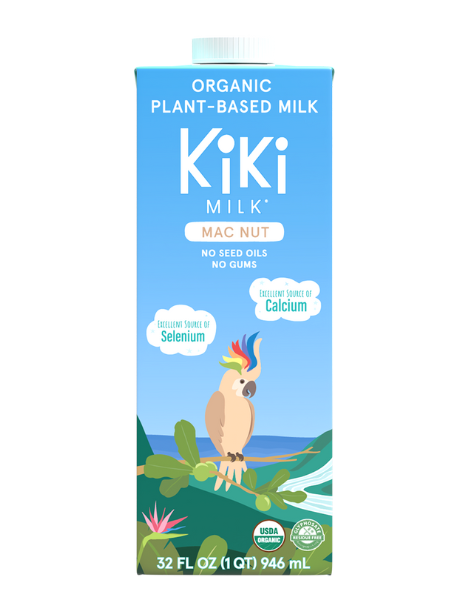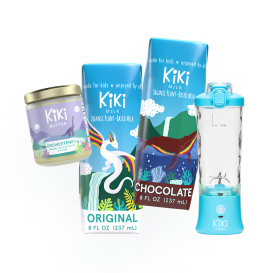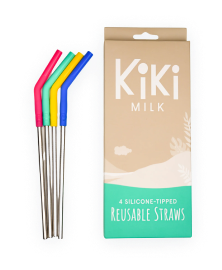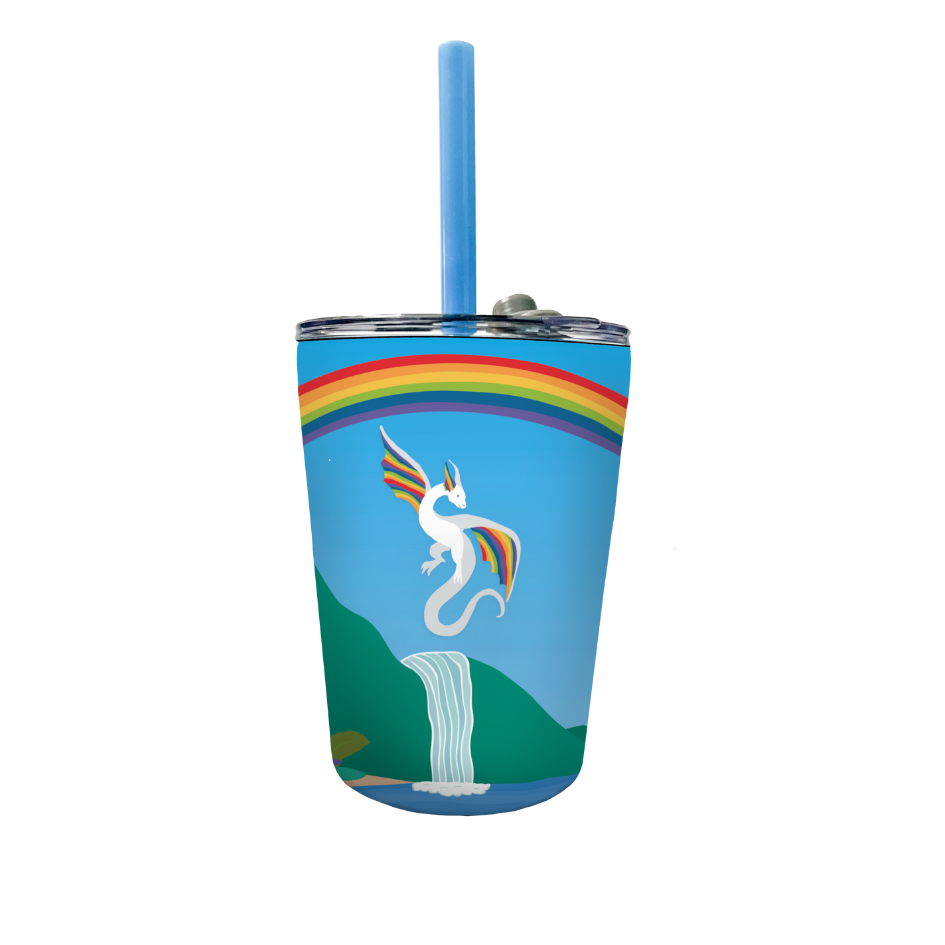As we shift into cooler, darker months, there's one nutrient that deserves a little extra love: vitamin D.
Often nicknamed the sunshine vitamin, vitamin D plays a surprisingly big role in your health–supporting strong bones, immune defense, muscle strength, and even mood regulation. And while we can get some of it from the sun, most of us don’t get nearly enough all year round–especially in fall and winter.
Let’s dive into what vitamin D does, why it matters, and how to make sure you’re getting enough.
What Is Vitamin D?
Vitamin D is a fat-soluble vitamin that helps your body absorb calcium–making it essential for strong bones and teeth. But that’s just the beginning. It also supports:
- Immunity
- Muscle and nerve function
- Mood and mental well-being
- Sleep quality and inflammation regulation
While your body can make vitamin D from sunlight, that process is impacted by factors like season, location, skin tone, and sunscreen use. That’s why food and high-quality supplementation are key for maintaining healthy levels–especially as sunshine fades.
Why Vitamin D Matters
✅ Helps absorb calcium for healthy bones
✅ Supports immune health and reduces inflammation
✅ Contributes to mood regulation and energy
✅ May improve sleep quality and support metabolic health
D2 vs. D3: What’s the Difference?
Not all vitamin D is created equal. Here's the breakdown:
- Vitamin D3 (cholecalciferol):
- The body’s preferred form
- Naturally made in your skin when exposed to sunlight
- Better absorbed and more effective
- Vitamin D2 (ergocalciferol):
- A synthetic form often found in fortified plant-based foods
- Not as bioavailable (aka not absorbed as well)
Why Kiki Milk Isn’t Fortified with Vitamin D
We believe in transparency, clean-label nutrition, and whole food sourcing. While many plant-based milks are fortified with synthetic D2, we intentionally chose not to add vitamin D to Kiki Milk. Here’s why:
- FDA guidelines only allow D2 in plant-based beverages, and we prefer not to compromise with a less effective form.
- We’d rather empower you to choose a high-quality D3 supplement or get vitamin D through food and sunshine.
- Our goal is to keep Kiki Milk clean, organic, and nutrient-dense—without added fillers or fortifications that don’t meet our standards.
👉 Curious? Read more about our approach to vitamin D here
How Much Vitamin D Do You Need?
Here are the general Recommended Daily Intakes (RDAs) for vitamin D, according to the Dietary Guidelines for Americans (2020–2025):

✨ Keep in mind: individual needs may vary based on sun exposure, skin tone, geographic location, and health conditions.
Good Food Sources of Vitamin D
It’s not always easy to get enough vitamin D from food–but here are some of the best sources:
- Mushrooms (especially UV-exposed varieties)
- Fatty fish (like salmon, mackerel, sardines)
- Egg yolks
- Fortified dairy or plant milks (usually with D2)
- Sunshine (when available!)
- High-quality vitamin D3 supplements
TL;DR: Don’t Sleep on Vitamin D
Whether it’s bone strength, immune health, or emotional resilience, vitamin D is doing more behind the scenes than you think. As the seasons shift, now’s the perfect time to check in on your intake–and make sure you’re getting enough from food, supplements, or smart sun exposure.
